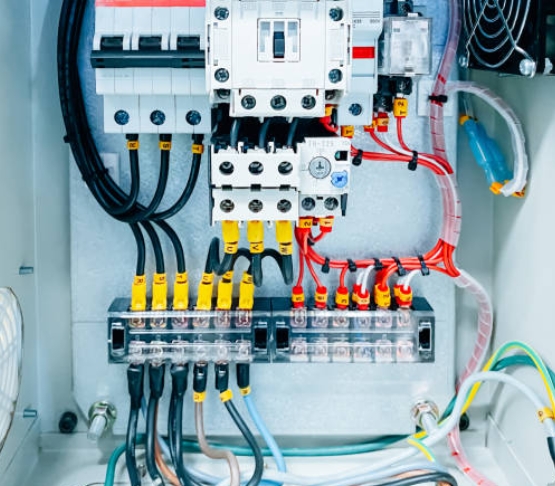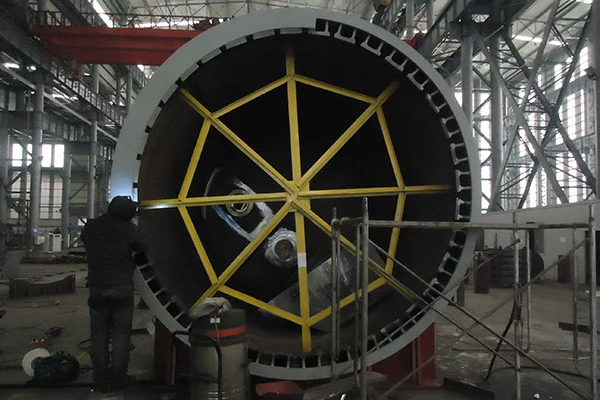The Importance of Fuses in Relay Circuits: Ensuring Safety and Efficiency

Relays and fuses are essential components in electrical circuits, serving different purposes. While relays control the flow of current, fuses protect the circuit from overcurrent conditions. In this article, we will explore the question: "Do you need a fuse if you use a relay?" and delve into the reasons why fuses are crucial in relay circuits.
- Understanding Relays:
Relays are electromechanical devices that act as switches, allowing a low-power control signal to control a higher-power circuit. They are commonly used in various applications, such as automotive, industrial automation, and home appliances. Relays provide isolation between the control circuit and the load circuit, ensuring safety and preventing damage to sensitive control components. - The Role of Fuses:
Fuses, on the other hand, are designed to protect electrical circuits from excessive current flow. They consist of a metal wire or strip that melts when subjected to high current, interrupting the circuit and preventing damage to the connected devices. Fuses are rated based on their current-carrying capacity and response time, ensuring optimal protection for the circuit. - Overcurrent Protection:
One might argue that since relays provide isolation, fuses may not be necessary. However, relays can fail or get stuck in the closed position, causing a continuous flow of current. In such cases, fuses act as the last line of defense, preventing catastrophic failures, fires, or damage to expensive equipment. Fuses provide reliable overcurrent protection, ensuring the safety of the circuit and its components. - Short Circuit Protection:
In the event of a short circuit, where a low-resistance path is created between the power supply and ground, an enormous amount of current can flow through the circuit. Relays alone cannot handle such high currents, and without a fuse, the circuit may sustain severe damage. Fuses detect the excessive current and quickly interrupt the circuit, preventing further damage and potential hazards. - Selecting the Right Fuse:
Choosing the correct fuse for a relay circuit is crucial. Factors such as the relay's coil current, the load current, and the circuit's voltage must be considered. It is recommended to select a fuse with a slightly higher rating than the expected current, allowing for temporary surges or inrush currents. Additionally, the fuse's response time should be compatible with the relay's switching speed to ensure proper protection.
Conclusion:
In conclusion, the answer to the question "Do you need a fuse if you use a relay?" is a resounding yes. Fuses play a vital role in relay circuits by providing overcurrent and short circuit protection. They act as a safety net, preventing damage to the circuit, equipment, and ensuring the safety of individuals. When designing relay circuits, it is essential to select the appropriate fuse to guarantee optimal protection and reliability.




